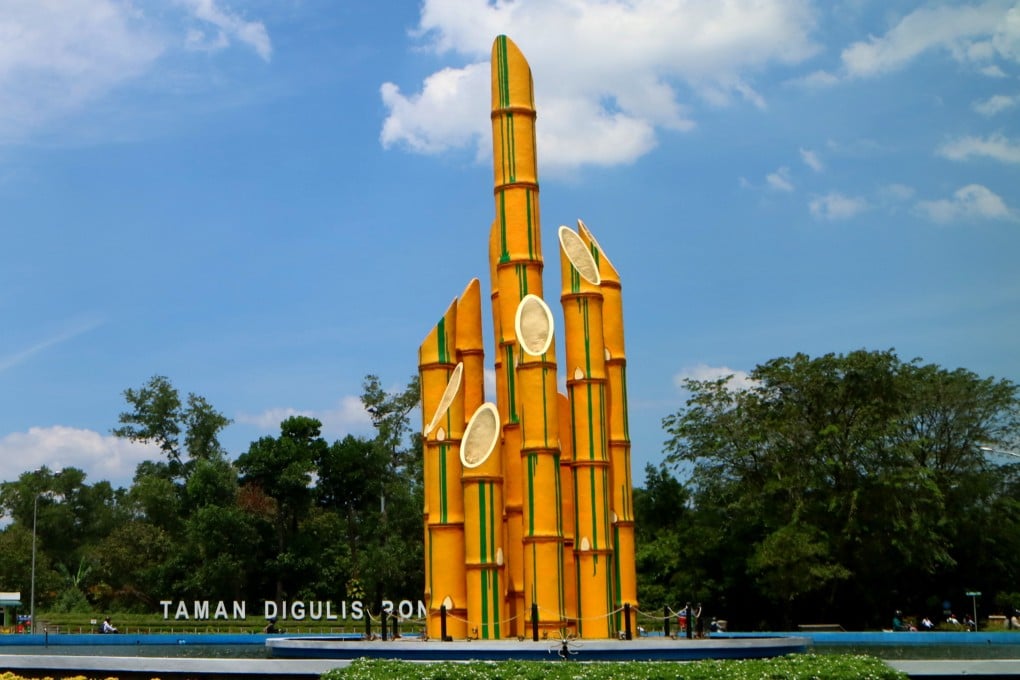Reflections | The first Chinese democracy lasted over 100 years and was quite the success. It just wasn’t in China
- The Lanfang Republic, located in the present-day Indonesian city of Pontianak, was founded by Chinese immigrants and proved a relatively successful experiment
- Threatened by Dutch colonists in Indonesia, the republic’s constitution changed and the presidency became hereditary. It did not last much longer

The dust has finally settled on the death and funeral of Queen Elizabeth, whose longevity and dedication to her duties had earned her the respect and admiration of millions around the world. Her passing, however, presents an opportunity for the Commonwealth realms to decide if they should do away with the monarchy.
Apart from the United Kingdom, the newly minted King Charles III is also the head of state of 14 other independent nations – from countries as massive as Canada and Australia to tiny islands such as Tuvalu – where he is represented by a governor-general.
My ambivalence to monarchy – all monarchies, not just the Windsors – has been articulated in this column before. Royal pageantry and glamour do nothing for me, and I resent having to bow, scrape and genuflect before someone just because he or she happened to be born or married into a particular bloodline, however ancient.
To me, royalty represents unearned privilege and power, and the subservience to its members a symptom of infantilism and internalised inferiority.
The Chinese monarchy was formally abolished in 1912, though there were a few failed attempts to revive it shortly afterwards.
